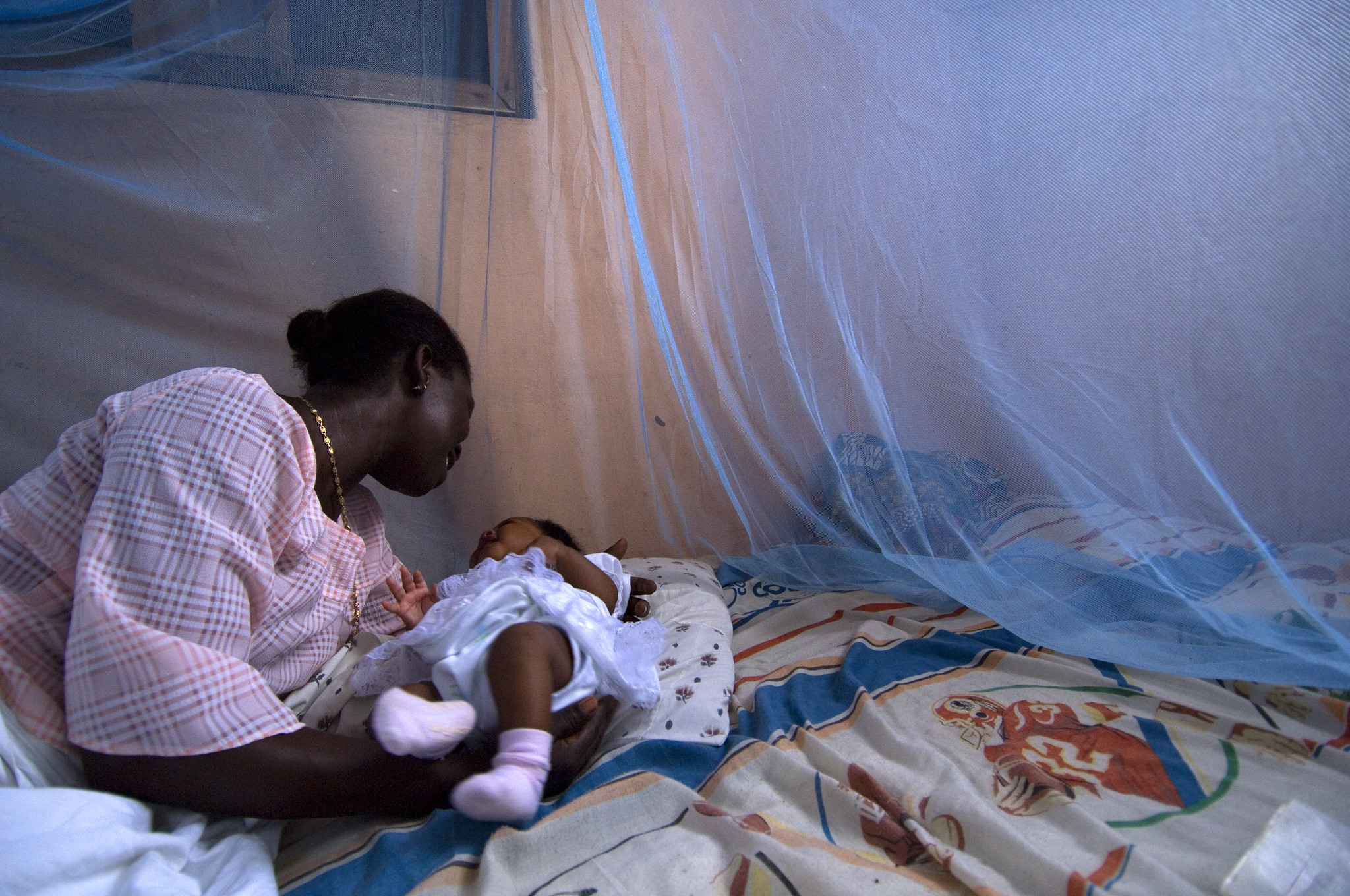World leaders from nearly 200 countries gathered last week in New York for the 78th session of the United Nations General Assembly (UNGA) to take stock of progress in implementing the 2030 Agenda for Sustainable Development and address global challenges. At this midpoint towards the Sustainable Development Goals (SDGs), it is clear that the world is off course to achieve set health targets by 2030.
Malaria is a case in point. At a press briefing held on the sidelines of the General Assembly, African leaders warned that the world is facing the biggest malaria emergency of the last two decades. “If we wish to achieve our global goals for 2030, of ending malaria epidemics and achieving universal health coverage, we must act now”, stated His Excellency President Umaro Sissoco Embaló, President of the Republic of Guinea-Bissau and Chair of the African Leaders Malaria Alliance. While the fight against malaria has made great strides, with more than 7 million deaths averted in the past two decades, progress has stalled in recent years, particularly in high-burden countries in sub-Saharan Africa. There were an estimated 247 million global malaria cases in 2021, with the African region alone accounting for 95% of these.

The recently released 2023 Results Report compiled by the Global Fund further underscores this dire reality. Malaria remains a daunting global health challenge, and we are off track to meet the target of ending the disease as a public health threat by 2030. Challenges such as those of growing resistance to antimalarial drugs and insecticides are threatening efforts to control the disease. The impacts of climate change, including more frequent extreme weather events such as temperature rises and flooding, are also expanding the areas impacted by the disease and the cost of delivering control programmes.
With the fight against malaria at a crossroads, it is imperative that countries, regions and the global community take action to protect the gains made over the past two decades and address emerging threats. The report highlights the need to mobilize investments, harness innovation and test new products proven to be safe and effective in order to get the fight against malaria back on track.
